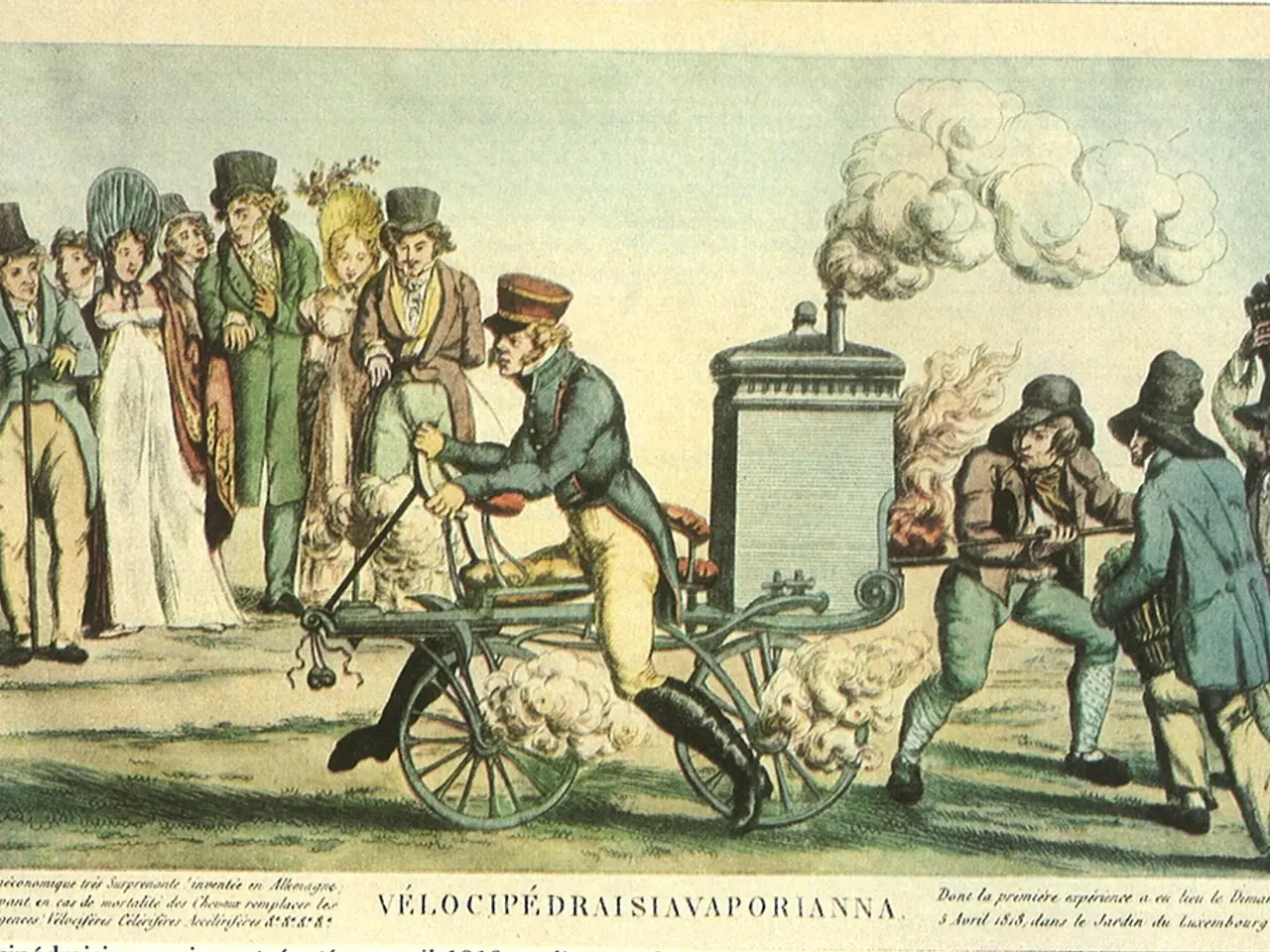Breaking Free: The Journey of a Chain Smoker Discarding a Four-Decade Addiction
Local Resident Quits Smoking After 60 Years with Wilmot's Help
Jack Pilarski, a resident of Pittsford, has successfully quit smoking after a six-decade-long habit, thanks to the Wilmot Cancer Institute's Tobacco Cessation Program. The programme, part of a broader set of tobacco cessation resources available through Wilmot and UR Medicine, offers specialized support to patients, recognising the importance of quitting tobacco use for cancer patients.
Pilarski initially took the recommended six lozenges a day but found that he didn't need to take it every couple of hours and instead used it on an as-needed basis. He also found visualising himself as a nonsmoker helpful in quitting.
The Wilmot Cancer Institute's Community Outreach and Engagement (COE) office aims to reduce the burden of cancer in the Rochester region and improve the health of residents through community partnerships. The COE has a Tobacco Quit Center designed to address tobacco-related issues.
The programme offers a free smoking cessation service open to anyone living in the 27 counties around Rochester. It employs evidence-based smoking cessation methods, combining behavioural support with medication, which has been shown to enhance quit rates and reduce tobacco-related complications, including cancers.
Tobacco-related cancers are a significant issue in the region served by Wilmot, with smoking linked to various cancers such as bladder, colorectal, and acute myeloid leukemia, in addition to lung cancer. Quitting smoking, particularly during or after a cancer diagnosis, can improve treatment effectiveness and reduce the risk of secondary tobacco-related cancers.
Pilarski's wife and son had encouraged him to quit smoking for several years, but it was an informational email about Wilmot's program that prompted him to take action. He no longer experiences urges to smoke and no longer misses the smell or the games he used to play to smoke.
During a recent difficult period, the passing of his sister, Pilarski was able to avoid smoking. Deep breaths and convincing himself that he could get through stressful situations without smoking helped him. It feels great for Pilarski to have quit smoking. He no longer weans off the text messages from the Wilmot program, finding them helpful, as they provided encouragement, reminded him of triggers, and reinforced his identity as a nonsmoker.
[1] Wilmot Cancer Institute. (n.d.). Smoking Cessation. Retrieved from https://www.wilmotcancerinstitute.org/services/smoking-cessation [2] U.S. Food and Drug Administration. (n.d.). Smoking Cessation: Medications. Retrieved from https://www.fda.gov/tobacco-products/consumers/smoking-cessation-medications
- Embracing health-and-wellness, Jack Pilarski, a resident of Pittsford, utilized the Wilmot Cancer Institute's Tobacco Cessation Program to quit smoking after 60 years, a decision that was important for his overall health and potentially reducing his risk of tobacco-related cancers.
- In partnership with the UR Medicine, the Wilmot Cancer Institute's Community Outreach and Engagement (COE) office adopts science-based methods, such as evidence-based smoking cessation approaches, in their Tobacco Quit Center, combining behavioral support with medication, to help residents following a comprehensive approach and enhance quit rates.




